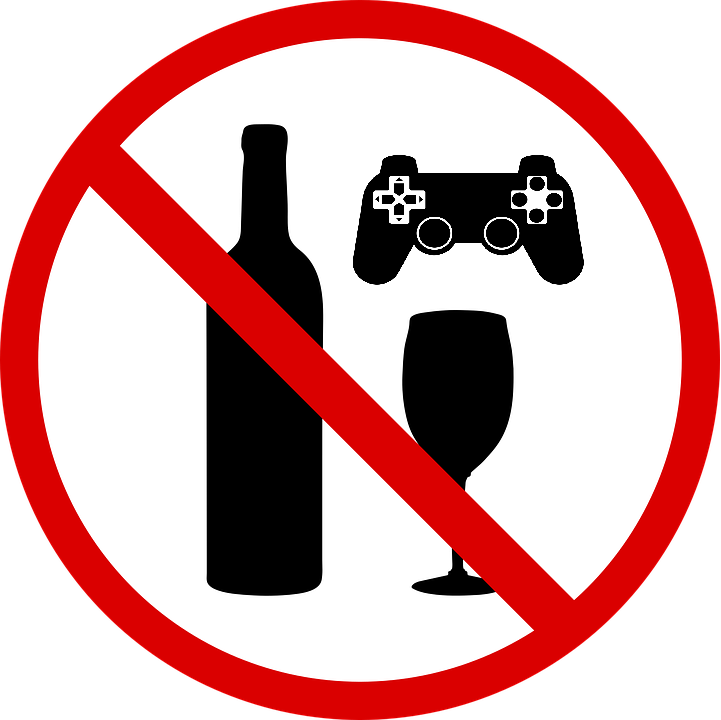Introduction and background
Since the VR device market has grown substantially in recent years and devices have become widely available for consumers, it is important to study the possible effects VR gaming might have on players. One of the more prevalent issues is the fact that VR gaming causes nausea, or cybersickness, as specifically videogame-induced nausea is more commonly called. The research paper by Aliya Iskenderova, Florian Weidner, and Wolfgang Broll discusses this topic and presents findings of their study to find out how consuming alcohol affects the nausea caused by VR gaming.
The article briefly discusses multiple theories concerning the subject but does not take a stand on which theory might be correct. However, the researchers suggest that cybersickness might be one of the reasons why VR gaming isn’t as popular as it could be. The article also briefly discusses different factors increasing susceptibility to cybersickness as well as general effects of alcohol on the human body.
Since the companies producing VR devices, such as Oculus Rift, advise against operating the device while intoxicated, and the topic has not been researched extensively, the researchers attempt to answer the question “How does alcohol intoxication influence cybersickness symptoms of gamers immersed in virtual reality?”
Image license: CC0
What was done?
The researchers conducted a user study in which 31 participants first played a VR game, then answered a questionnaire and were interviewed about their level of nausea caused by the game. After this the participants were given either alcohol or a placebo and then asked to play the game again. After the second trial the same questionnaire and interview were conducted. The game was played for approximately 15 minutes in both trials, as this was the time in which cybersickness symptoms usually appear.
The blood alcohol level of each of the participants was carefully monitored during the trial. The amount of alcohol the participants should drink to reach the desired blood alcohol level of 0,07 % was calculated and it was ensured that no participant’s blood alcohol level exceeded 0,1 %.
What were the results?
During the study it was discovered that those participants who consumed alcohol reported significantly reduced symptoms of cybersickness while their blood alcohol level was approximately 0,07 %, and no participants reported worse symptoms than before drinking. This was a surprising find, as some earlier studies have suggested that drinking alcohol might worsen the symptoms.
Although the symptoms of cybersickness were reduced while under the influence of alcohol, the researchers say that alcohol is by no means a recommendable preventive measure for cybersickness.
Image license: CC0
—–
The article Drunk Virtual Reality Gaming: Exploring the Influence of Alcohol on Cybersickness by Aliya Iskenderova, Florian Weidner, and Wolfgang Broll was published at the Chi PLAY 2017 Symposium on Computer-Human Interaction in Play and can be read at:
You might also like
More from Game Research Highlights
How do you want to do this? – A look into the therapeutic uses of role-playing games
Can playing RPGs contribute positively to your wellbeing? A recent study aims to find out how RPGs are being used …
Eldritch horrors and tentacles – Defining what “Lovecraftian” is in games
H.P. Lovecrafts legacy lives today in the shared world of Cthulhu Mythos and its iconic monsters. Prema Arasu defines the …
Are Souls Games the Contemporary Myths?
Dom Ford’s Approaching FromSoftware’s Souls Games as Myth reveals the Souls series as a modern mythology where gods fall, desires …

















